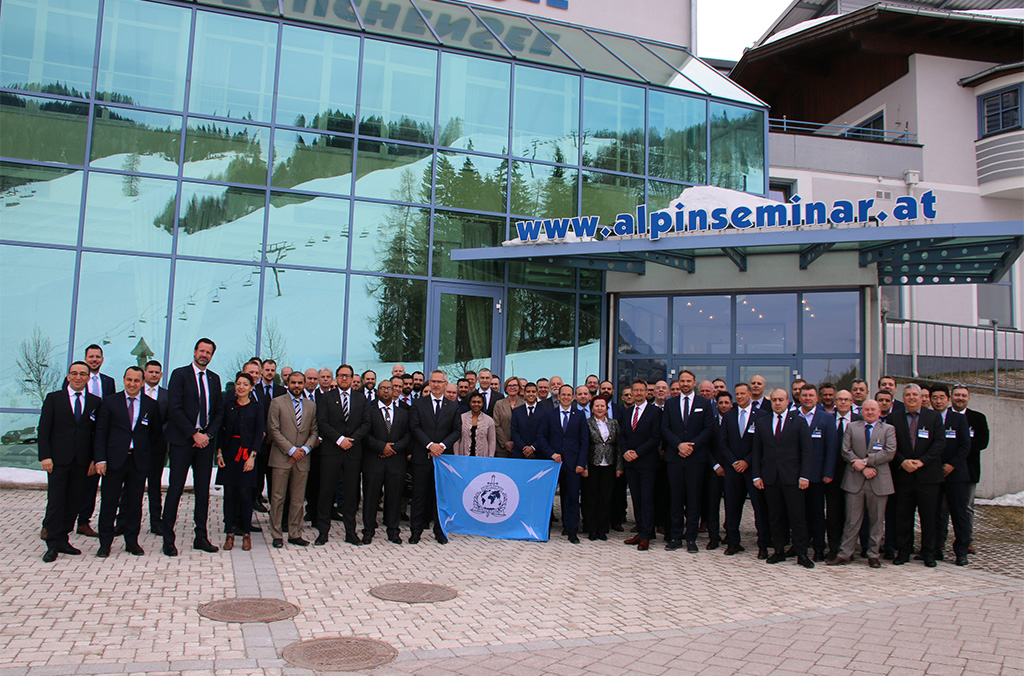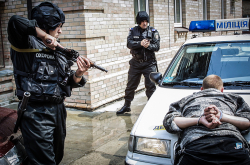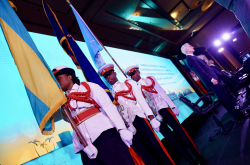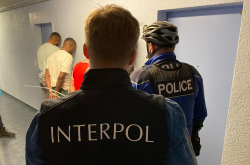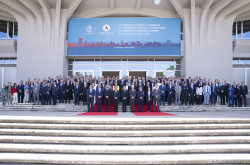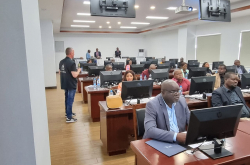SALZBURG, Austria – Organized crime experts at an INTERPOL meeting called for enhanced data exchange on high-ranking Eurasian gang members to better address the transnational security threats they pose.
The three-day (2 – 4 April) Project Millennium working group meeting gathered more than 60 participants from 26 INTERPOL member countries and was hosted by the Austrian Federal Ministry of the Interior. It was opened by the Ministry’s Head of Department for General and Organized Crime, Andreas Holzer.
INTERPOL’s Project Millennium was developed to help countries identify the people and networks behind Eurasian transnational organized crime. To this end, the Salzburg meeting provided an opportunity for investigators to share their experiences, exchange intelligence, and identify emerging crime trends and modus operandi.
With the Project Millennium team providing an overview on the project’s current activities, participants at the meeting endorsed a number of important initiatives aimed at improving efficiency and cooperation among investigators, national law enforcement agencies, INTERPOL National Central Bureaus and the INTERPOL General Secretariat.
The meeting endorsed other measures to:
- expand the information stored in the project’s Criminal Analysis Files (CAF) with a particular focus on high-level criminal leaders and their criminal networks
- establish, facilitate and maintain professional mutual contacts with experts in the field and within a working group on transnational Eurasian organized crime
- generate and publish analytical reports to generate a clear and global picture of the activities of high-level criminal leaders trough cooperation with member countries.
Participants at the meeting were also updated on the Project Millennium Visual Interface 2.0, a new web service solution specifically designed to support member countries in the fight against transnational Eurasian organized crime. The new platform offers a renewed interface with improved analytical tools for crime analysts and investigative teams, promoting information sharing and cooperation between member countries.
Previous working group meetings have been organized in Lviv, Ukraine (22 – 24 May 2018), Moscow, Russia (20 – 21 June 2017), and Tbilisi, Georgia (13 – 15 September 2016).
Participants at the INTERPOL meeting represented Andorra, Austria, Azerbaijan, Czech Republic, Denmark, Estonia, Finland, France, Georgia, Germany, Greece, Italy, Ireland, Japan, Latvia, Moldova, Portugal, Russia, Slovakia, Spain, Sweden, Switzerland, UAE, Ukraine, United Kingdom and USA, as well as Europol.




